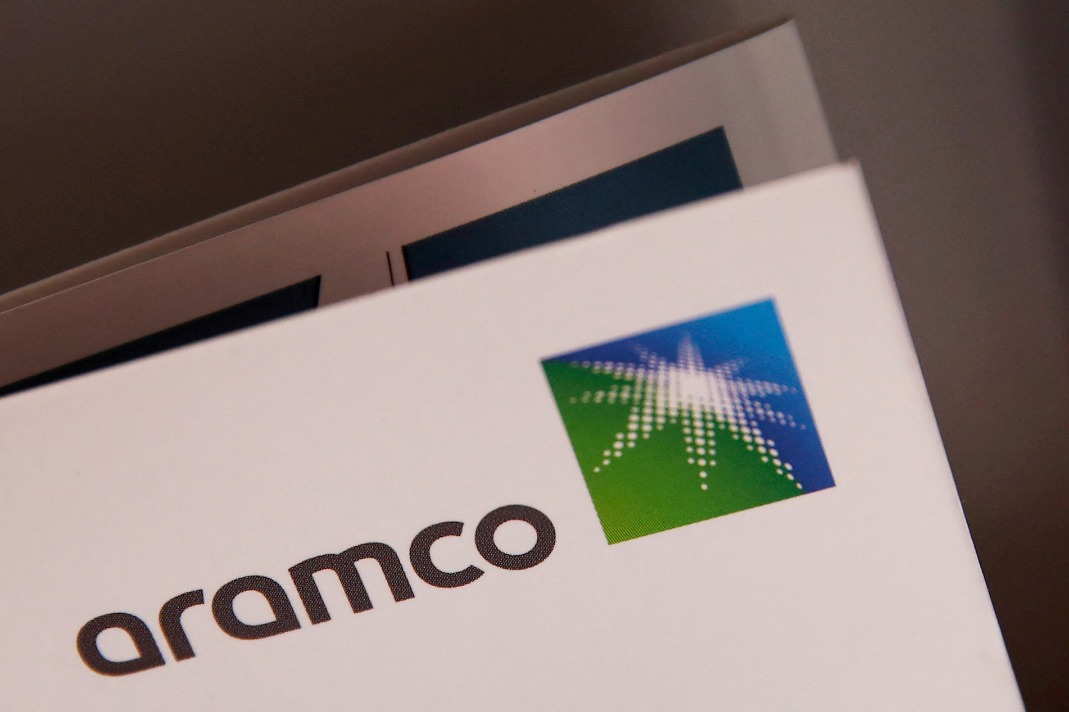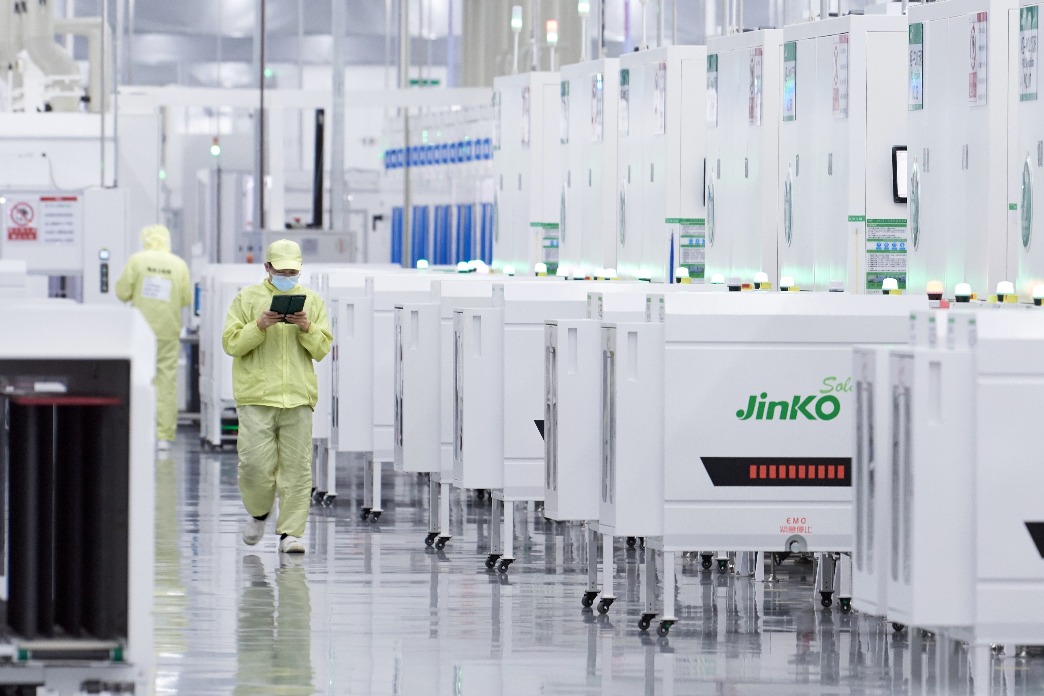Several issues that need to be further clarified about Sino-US trade frictions


2. Is US' insistence of 'fair trade' really fair?
Some people in the US accused China of adopting an unfair and unequal trade policy, which has led to the US's trade deficit with China. They tried to grab fair trade as a way to keep the moral high ground in public opinion. However, what is 'fair trade'? Fairness is a matter of history. In international trade, due to the difference in the stages of development, specific conditions and interests from different countries, in order to make trade happen smoothly, the international community has formed trade rules through negotiations on an equal footing. That is to say, what is fair or not is not something one particular country can define. And the rules should not be altered to meet one particular country's interest. Rather, they should be made through equal negotiation.
To achieve fair trade, countries need to uphold the principle of mutual benefits and equal talks while respecting the spirit of contracts.
The 'fair trade' some people in the US emphasized is not based on the international ruling but the premise of 'America First' in order to secure its own interest. The so-called 'equal' opening-up means that every country needs to comply the exact same standard—tariff and the industrial market entry permit--as the US'. Such 'absolutely fair' only seems fair on the surface. It ignores the developing countries' right to develop, and is highly unfair.
The 'equal' opening stressed by some people in the US is no more than rhetorical. Throughout the history of the US, some in the US have always applied double standards on the issue of openness: when the country needs capital, they will use protectionism and interfere in other countries; while they own an obvious competitive edge, they demand other countries to open their market with no condition and push free trade for its own benefit. When its competitiveness gradually loses as some developing country catches up, they again deploy trade protectionism tactics.

On the one hand, the US uses free trade as a tool to take advantages of its monopoly capital from the countries of latter development in order to secure its monopoly position in the market, technology and so on. On the other hand, they adopt protectionism and hegemonic measures to suppress other countries—Whether it's state-owned or private. They proclaim such economic hegemony logic is as the orthodox ideology and treat the advantages of competitors as "heresy". Friedrich List, a representative of the German Historical School, mocked such tricks as being like the use of a ladder: when someone has reached the peak, he would gradually kick the ladder away in case other follows him. It is the exact essence of the double standard some people in the US are applying.
For a long time, there has been serious unfairness in international trade, mainly caused by the US and other developed countries which use their monopoly power in science and technology to gain resource, labor and products from developing countries at a low cost. While the US is gaining huge profit through unfair international trade, the developing countries have suffered greatly. Yet some people in the US are complaining about the unfairness in the trade--is this justice or hegemony?
Looking back, some in the US have put "unfair" hats on competitors at various times. When the EU's power was on the rise, it was seen as an "unfair competitor"; the same happened to Japan, and now China is the unfair competitor for the US. It is worth noting that some people in the US are defining 'fairness' and 'unfairness totally based on their own profits. It is highly unilateral and self-interested. "unfair trade" has become a universal tool for some in the US to promote hegemonism.
The rules of the World Trade Organization were made upon the mutual agreement of all participating economies. Whenever friction happens, it should be resolved within the framework of the WTO, which is a fundamental principle for safeguarding international economic and trade relations. The US, as one of the founding members of the WTO, should comply with such a fundamental principle. However, some people in the US refuse to do so. Instead, it ignores the WTO to implement its trade bullying measures and provoke trade friction. Such behavior will never bring fair trade. If they really have the sincerity to solve trade friction, they should think if the trade fairness they address is really fair, take down the self-made 'fair-trade' fence and seek practical solutions with other countries through negotiation on equal footing.




































